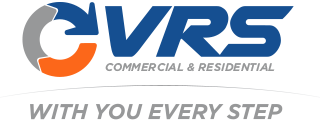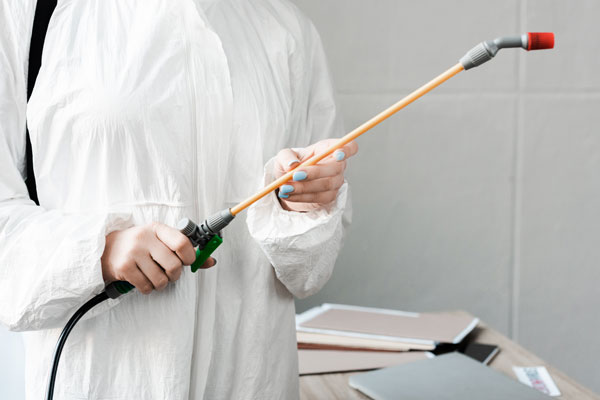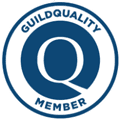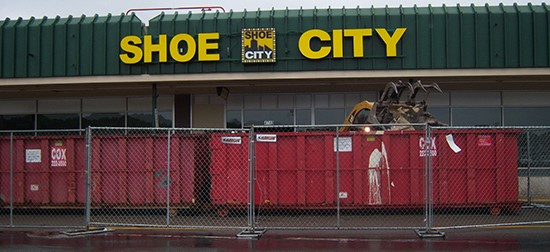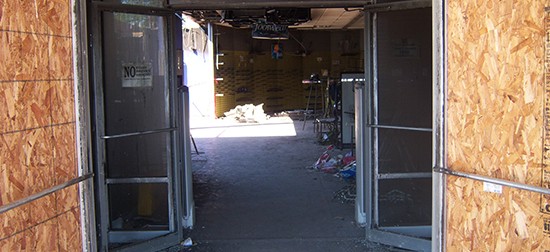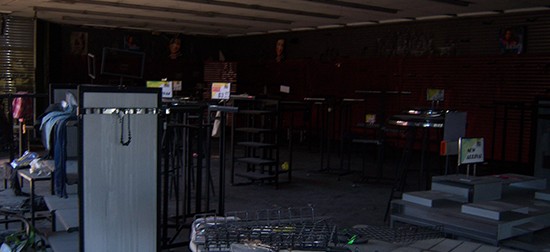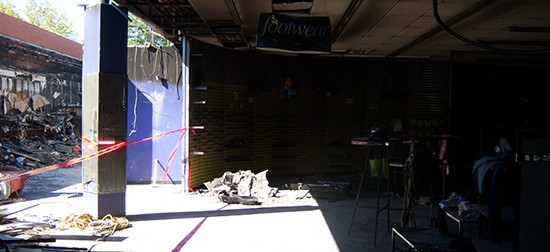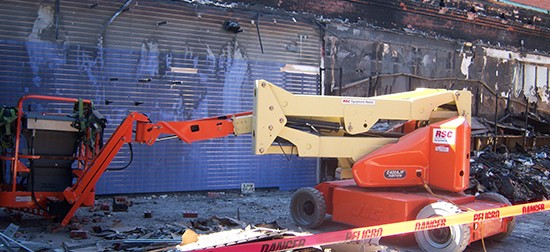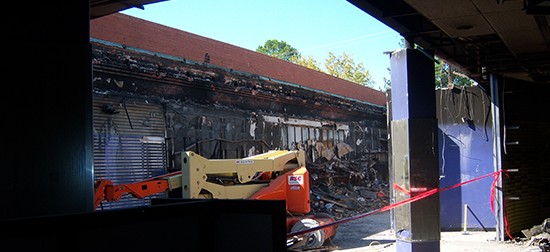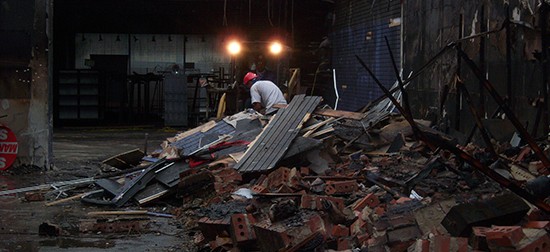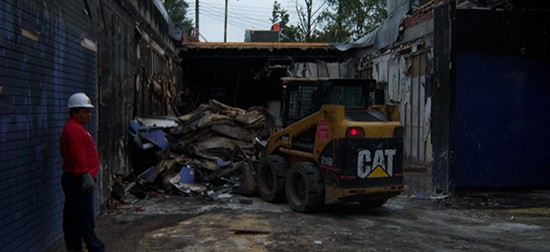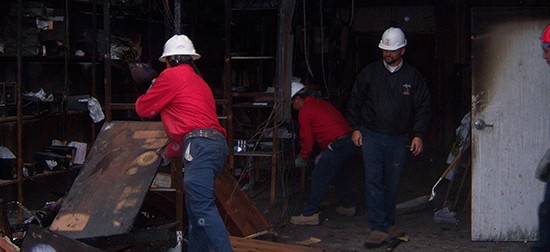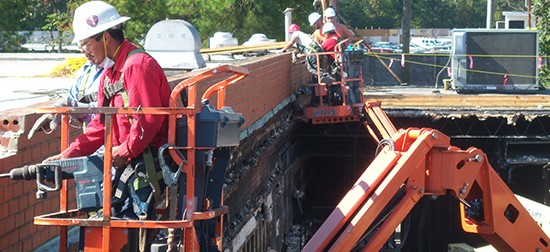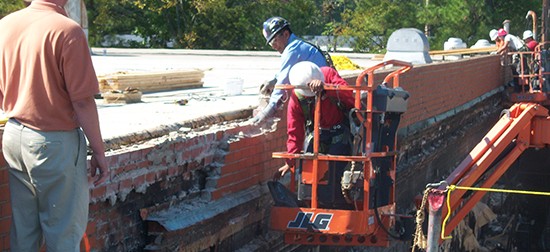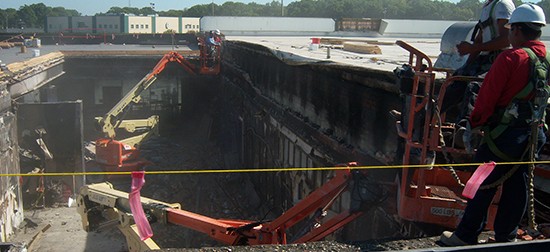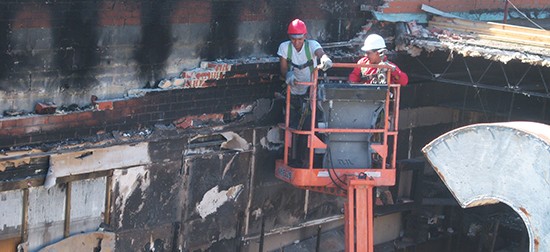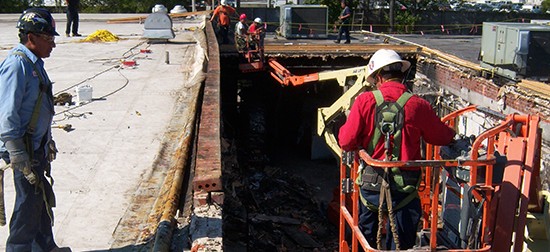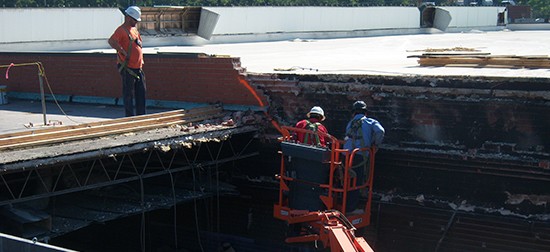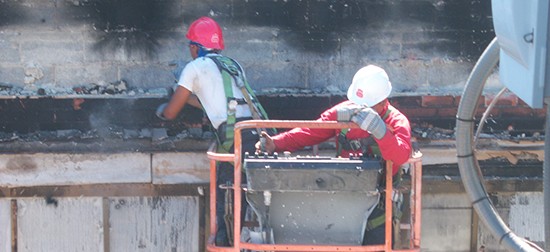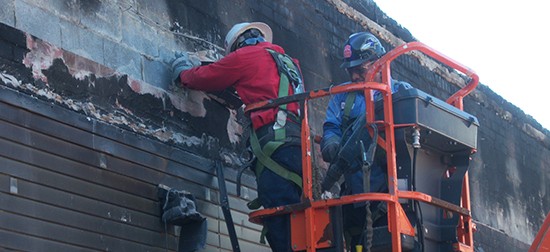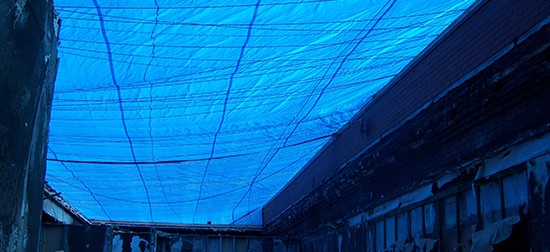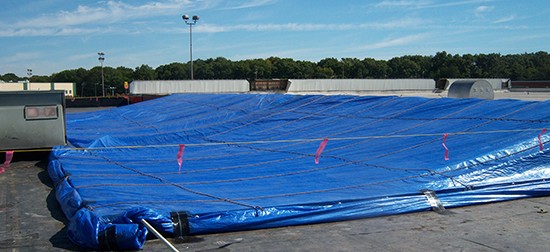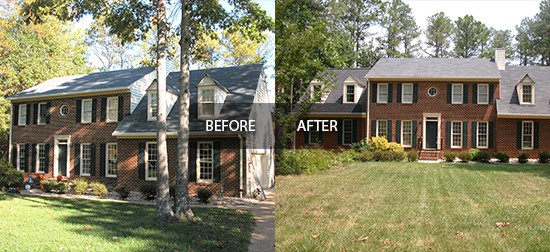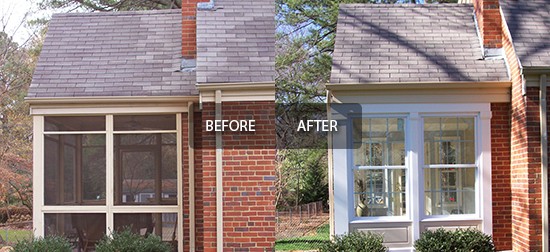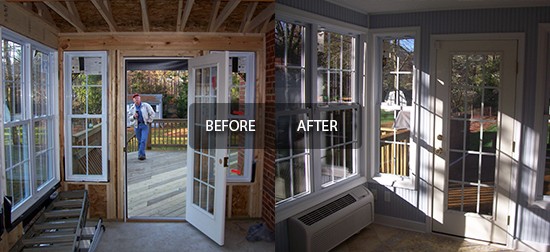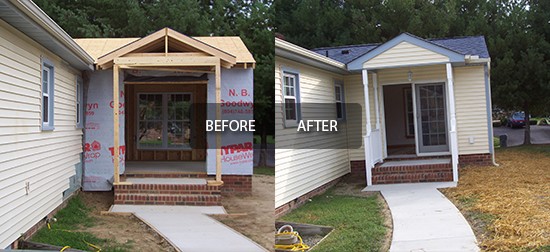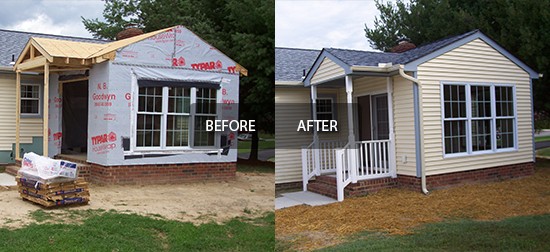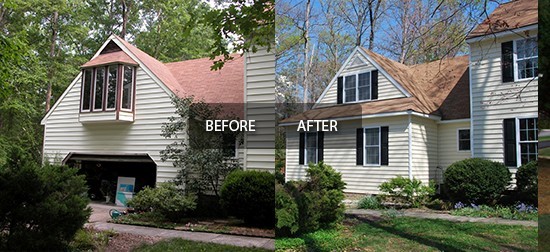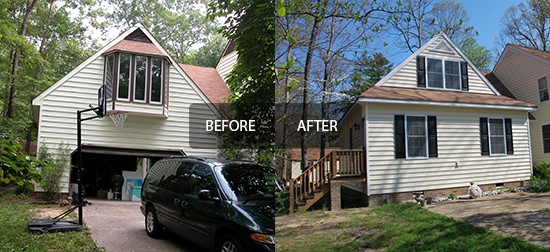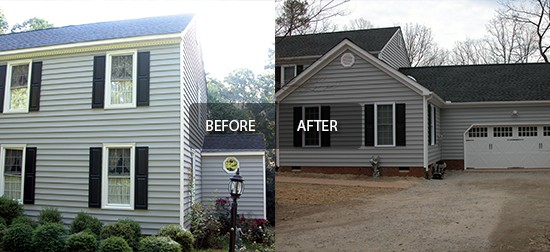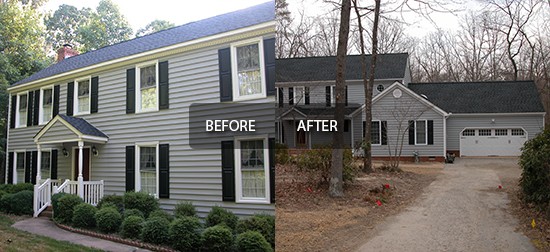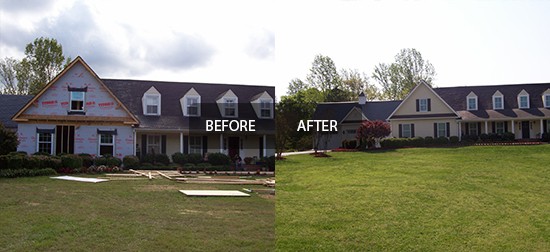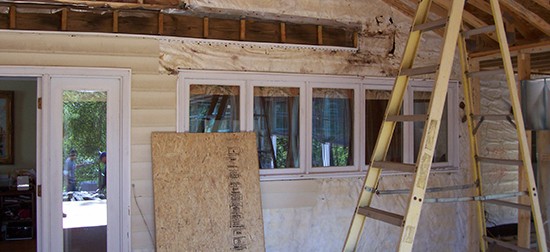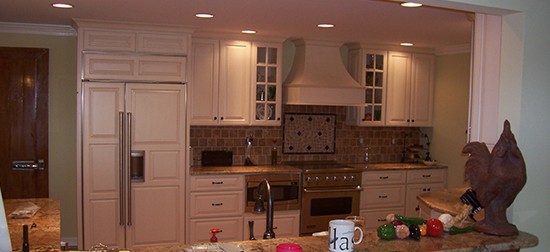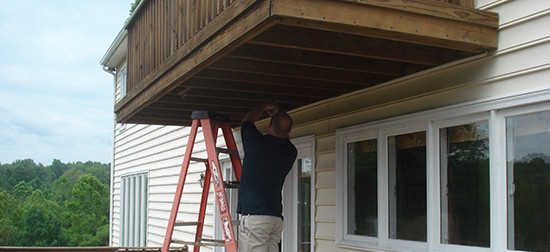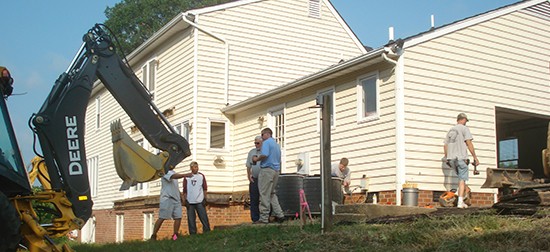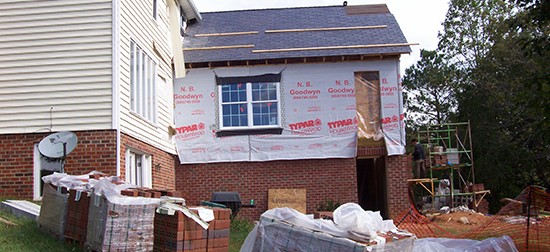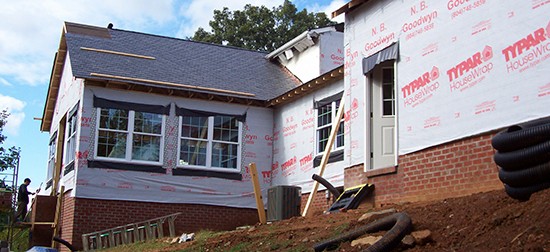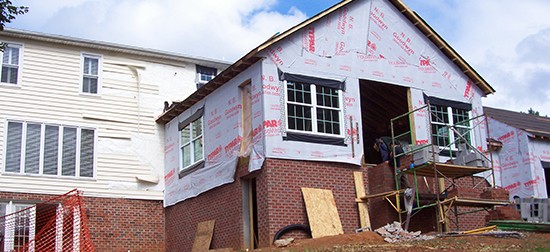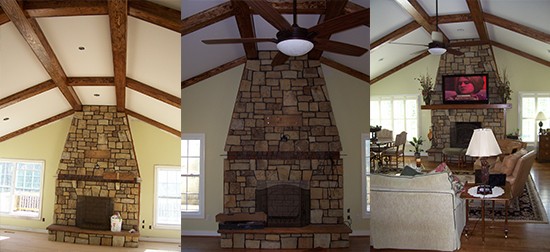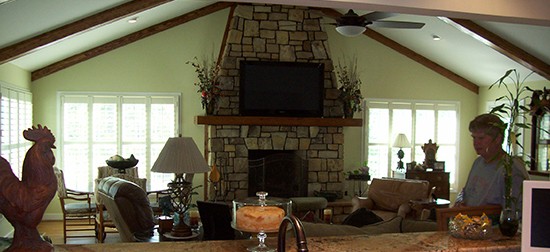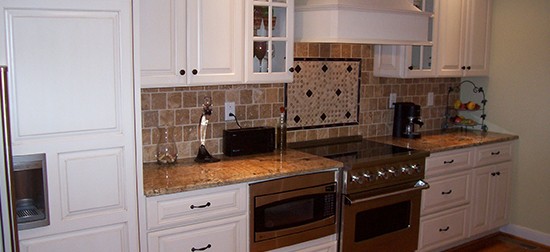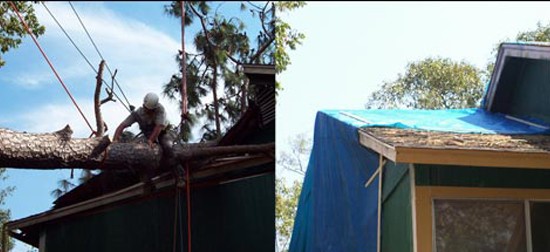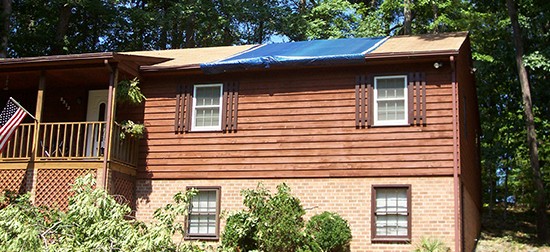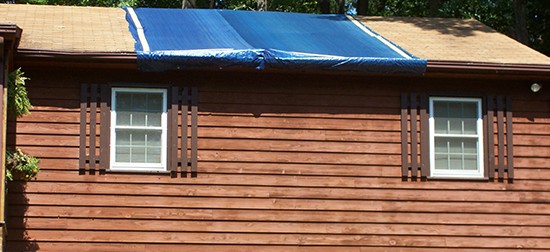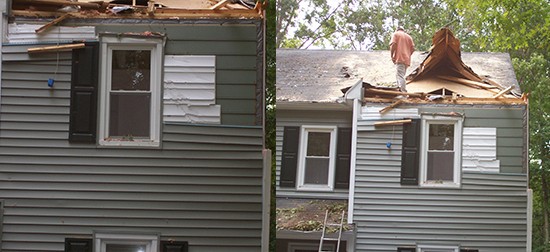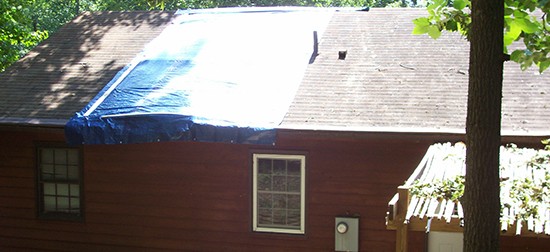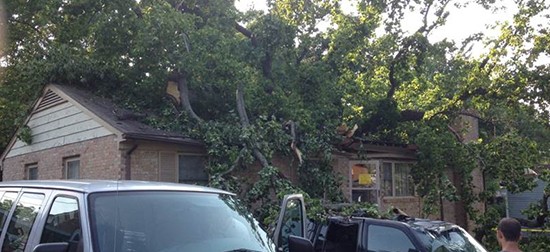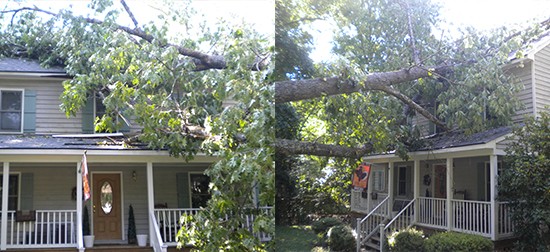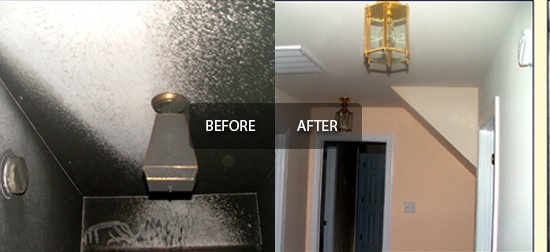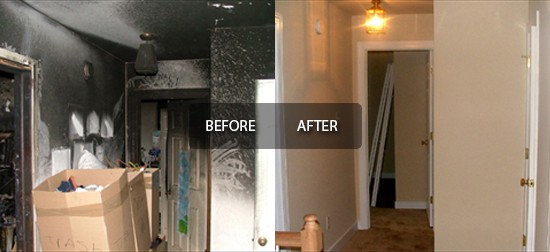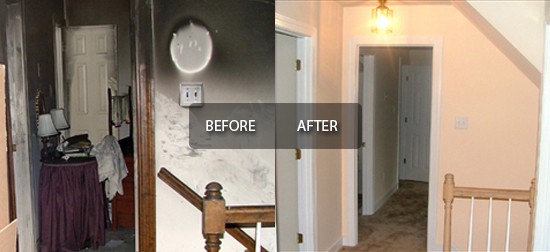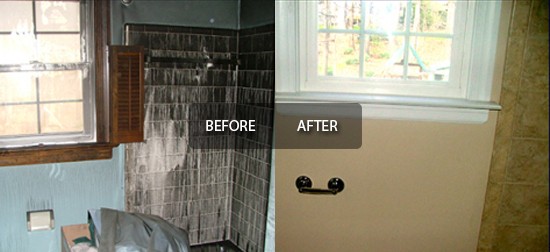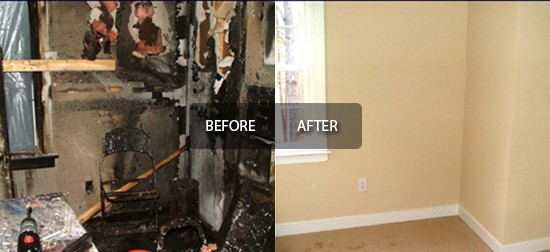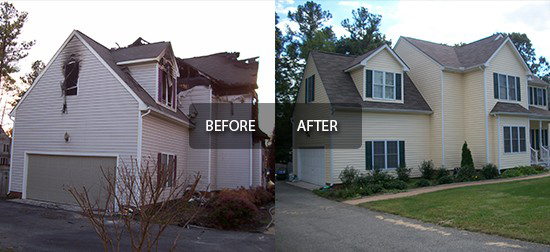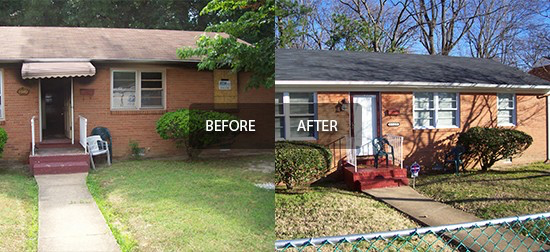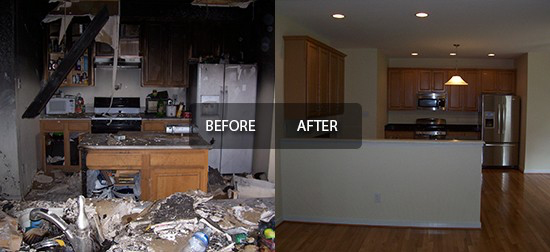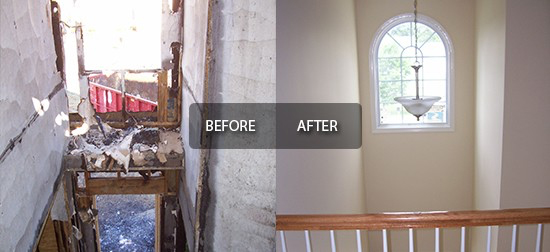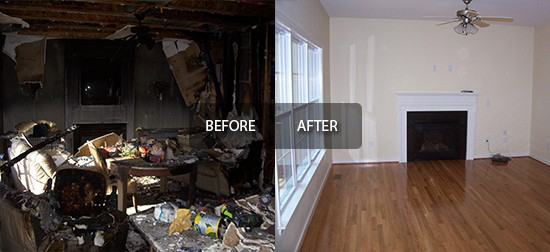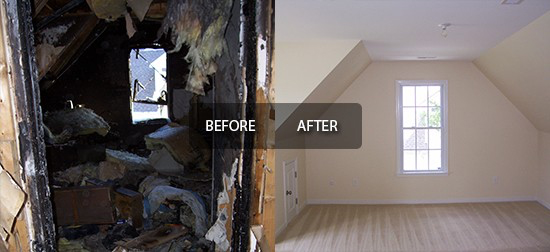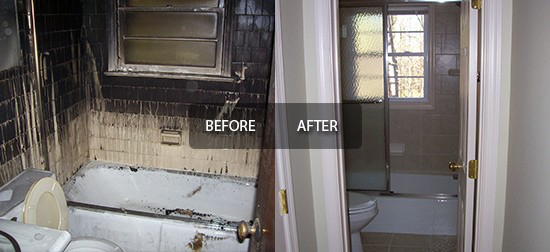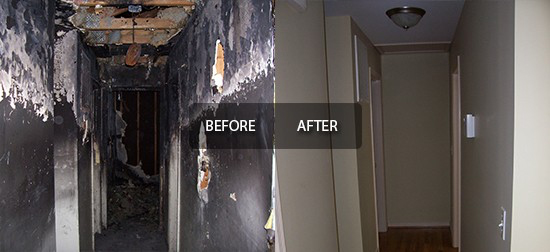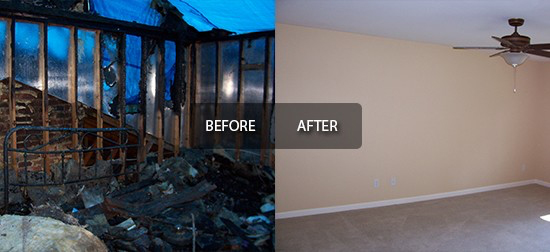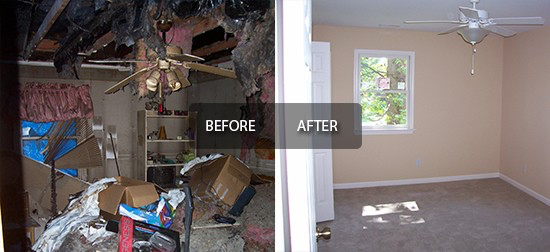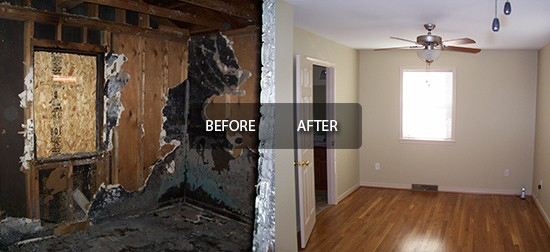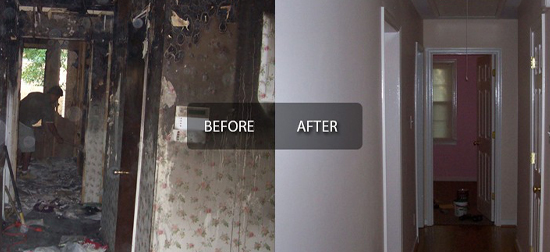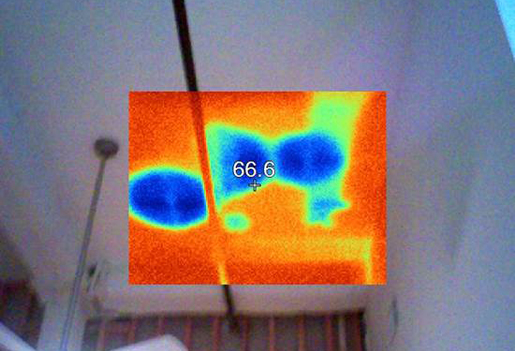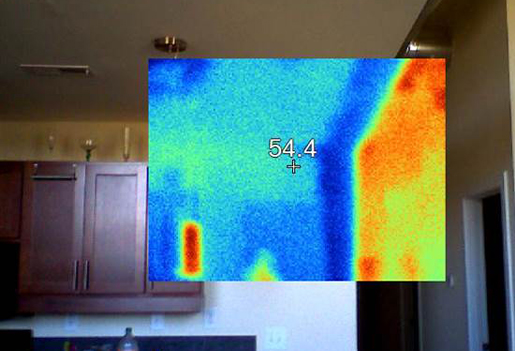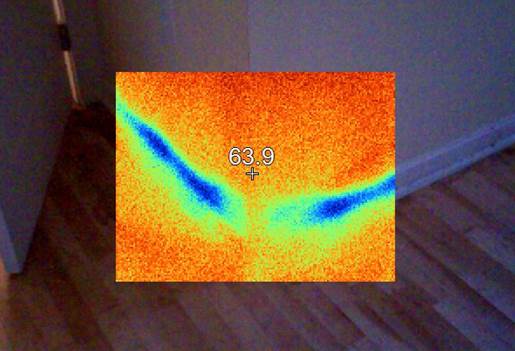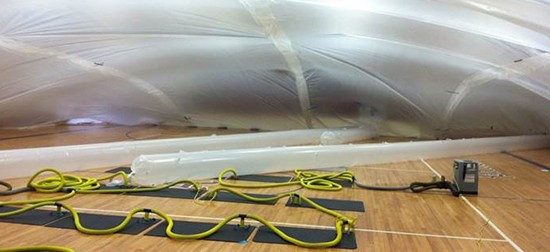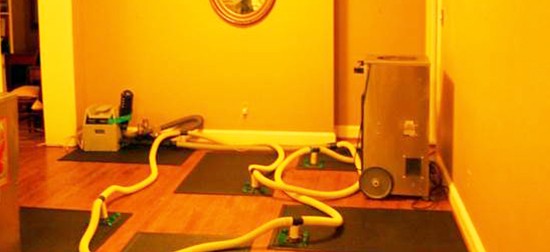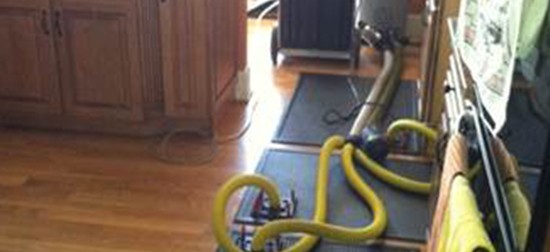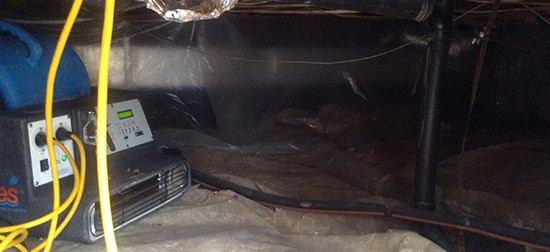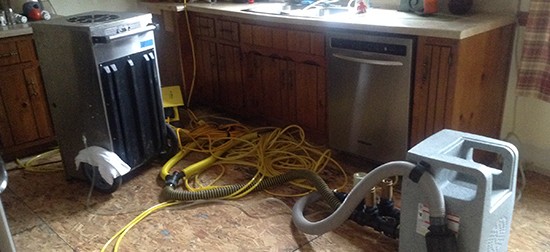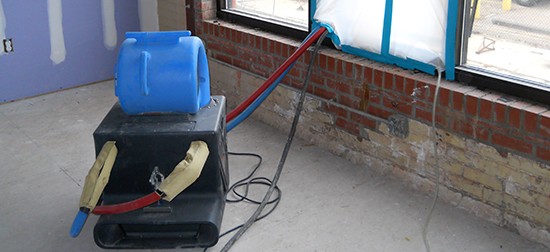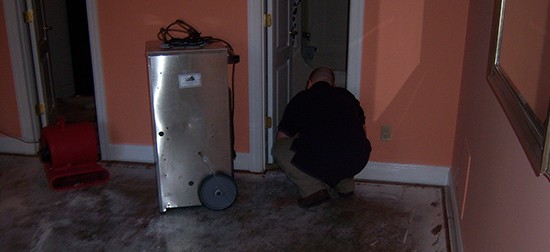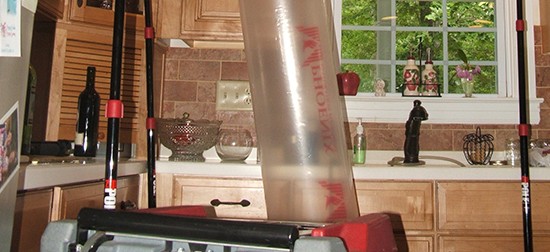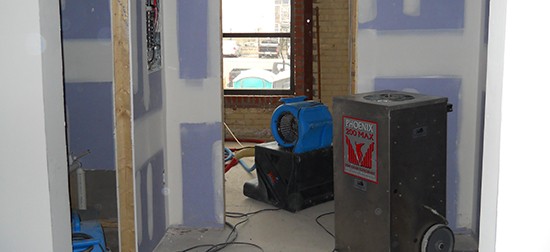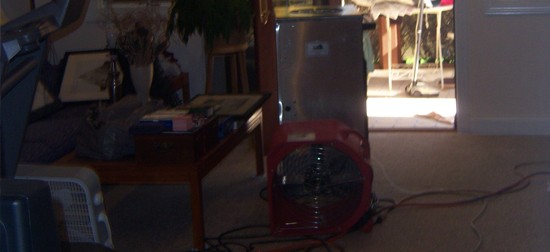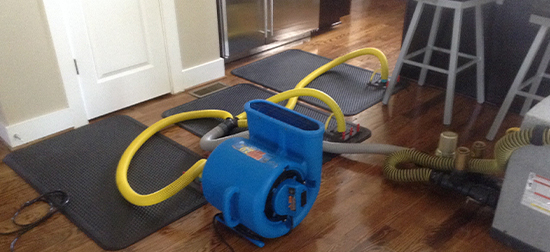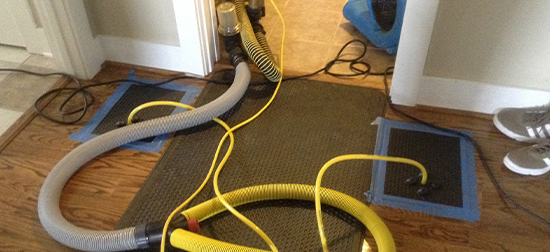Enhanced cleaning increases the frequency of washing and disinfecting high-traffic areas in a building, using appropriate cleaning solutions for the required surface. This minimizes the risk of the coronavirus being transmitted through surfaces where many people touch every day, such as a door handle or credit card reader.
The Center for Disease Control (CDC) has released extensive guidelines for businesses reopening amid the COVID-19 global pandemic. These guidelines are helpful, but they can be overwhelming for business owners. That’s why we’ve created this guide of 8 things to know about enhanced cleaning so you can keep your employees and patrons safe.
1. You Can Have Enhanced Cleaning Services Done for You
There are Richmond restoration companies that can help you with more than just water clean up. You can get COVID-19 services that include regularly scheduled preventative cleaning as well as post-contamination cleaning, in case someone in your workplace has tested positive or come into contact with someone who tested positive for the virus. Companies like VRS will help you reopen and stay open safely and efficiently.
2. There Are Considerations for Areas Closed for One Week or Longer
The virus cannot survive on surfaces longer than seven days, so if your business has been closed for a week or more, then only routine cleaning is required. However, if your business has been closed for several weeks, there may be other concerns when reopening besides cleanliness.
Check your building’s water system to make sure it is operating properly and safely.
3. Not Every Disinfectant will be Effective Against COVID-19
While you should start your enhanced cleaning regiment with normal soap and water, high-touch surfaces like light switches will need to be disinfected as well. The EPA has certain criteria for which solutions are effective against the coronavirus, so look for EPA-approved disinfectants to minimize the risk of surface transmission.
A homemade disinfectant can be made by adding 1/3 cup of bleach to one gallon of water. This solution will be effective as a disinfectant for up to 24 hours. You can also use 70% alcohol solutions. Note: You should never mix disinfecting products with bleach or other cleaning solutions. You should also never use a disinfectant on objects used by children, as the ingredients are often toxic when swallowed.
4. Very Few Outdoor Surfaces Require Disinfecting
Normal cleaning practices with soap and water are most effective for outdoor surfaces, like sidewalks and other public spaces. Disinfectants are not effective on most of these surfaces and are better used indoors or on specific, high-touch surfaces, like outdoor tables at a bar or restaurant.
Water, such as in a pool, play area, or hot tub, has not been shown to directly spread the coronavirus. If the water is properly maintained and disinfected with normal chemicals, such as chlorine, the COVID-19 virus should not be able to survive.
5. Different Surfaces Require Different Disinfectants
Hard, non-porous surfaces like metal, plastic, or glass are easier to disinfect and will likely be the surfaces that need the most attention. Tables, countertops, desks, doorknobs, handles, light switches, phones, keyboards, toilets, faucets, and touch screens are among the most frequently touched surfaces in the workplace. They are all made from materials that can be disinfected using an EPA-approved COVID-19 disinfectant.
Soft, porous surfaces like seating upholstery and carpets are harder to effectively disinfect and will likely only need to be washed normally unless they are touched frequently. The number of EPA-approved disinfectants for these types of materials is limited. You may need to develop a specific strategy for disinfecting high-touch soft surfaces that can’t be removed from the area.
Some businesses have additional guidelines for enhanced cleaning practices, such as gas and transit stations. Be sure to do the appropriate research for your business so you can clean high-touch surfaces effectively.
6. The First Step is to Clean with Soap and Water
While you may want to jump right into disinfecting every surface you can, the CDC advises starting by cleaning surfaces with regular soap and water before disinfecting. It’s also important to remember that not every surface needs to be disinfected, only the most frequently touches areas. Due to the high demand for disinfecting products right now, it’s best to limit the use of disinfectants to surfaces where they will be most effective.
Also be sure to always follow the directions for proper cleaning and use of disinfecting products. Wear the appropriate PPE for your task, including gloves to protect your skin from harsh chemicals.
7. You May Need to Revise Your Plan
Once you have developed and implemented your enhanced cleaning plan, you may find that the strategy you originally had in place is not effective enough at reducing the risk of exposure to COVID-19. Or, you may face new guidelines on the federal, state, or local levels that require you to update your practices. Regardless, you should be prepared to revise your plan as necessary to keep everyone in your workplace safe.
8. You will Need a Plan Specific to Your Building
The CDC recommends evaluating the space where enhanced cleaning protocols will be implemented to determine the types of surfaces and materials that will need to be cleaned. Not every surface will need more than a regular cleaning, but if there are surfaces that are touched often, they will require further disinfecting to eliminate the virus.
Your plan should include a strategy for maintaining enhanced cleaning after your business reopens. Make sure your strategy is in line with federal, state, and local guidelines.
You may also want to remove certain materials that can be harder to clean, such as rugs and other soft, porous materials. Taking these objects out of the space will make enhanced cleaning easier.

